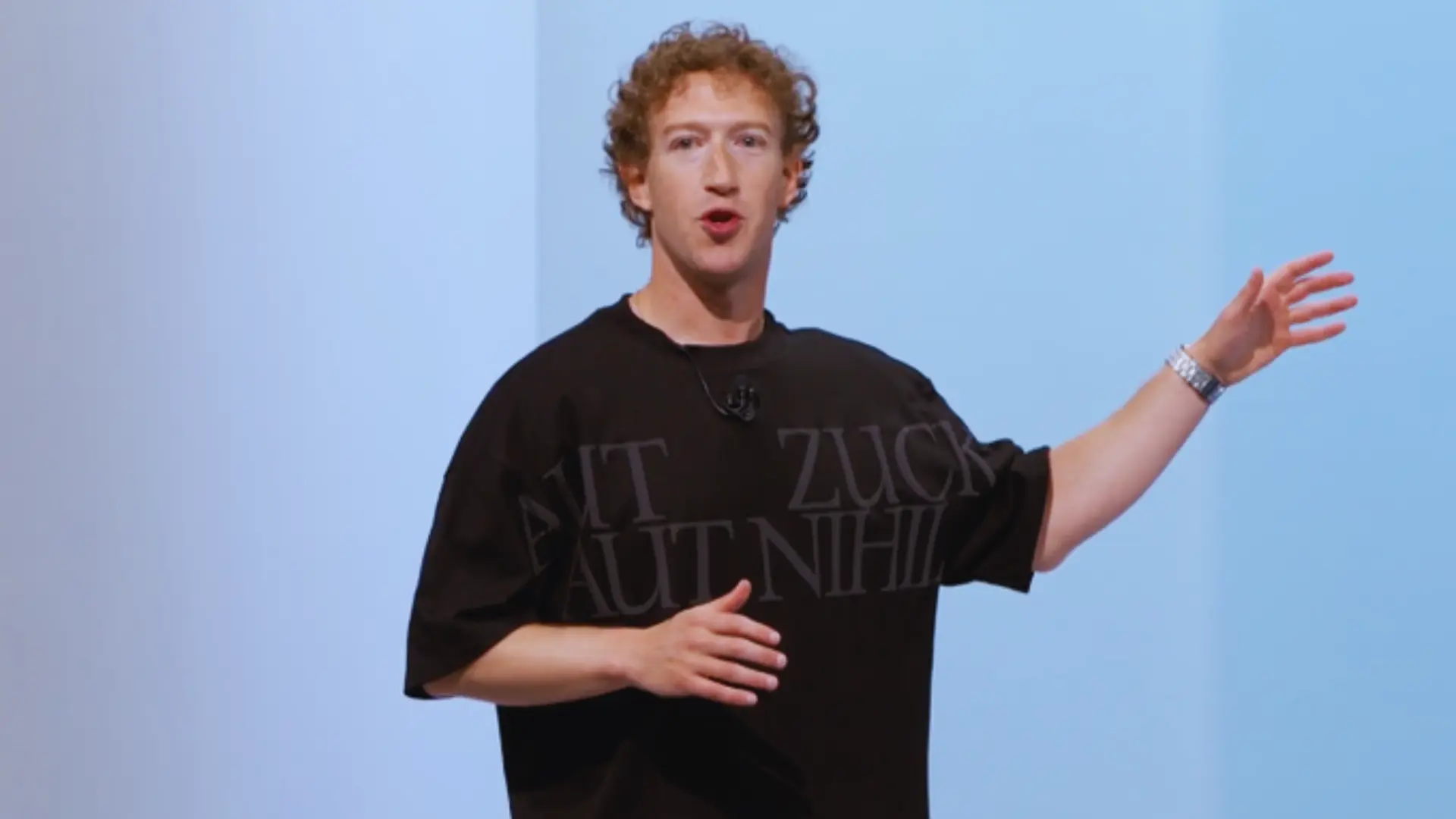Meta CEO Mark Zuckerberg rejected accusations that his company bought Instagram and WhatsApp to snuff out competition, as he completed three days of testimony in a historic antitrust trial.
The suit, filed by the U.S. Federal Trade Commission (FTC), may require Meta to sell the two apps — now among the world’s most-used social media and messaging services — if the court decides against the tech behemoth.
On his last day in a Washington courtroom, Zuckerberg unequivocally denied allegations that Facebook, then called Meta, acquired these sites to take out potential competitors. Asked by his lawyers if this was the motive behind the transactions, he decisively answered, “No.”
Zuckerberg clarified that Instagram, which was acquired in 2012, was attractive for its distinct camera and photo-sharing experience, not as a competitor. For WhatsApp, acquired in 2014, he termed the application as technically superior but believed its creators were not ambitious enough to maximize its potential — something Facebook aimed to do after it acquired the app.
“I basically ended up pushing to add things,” Zuckerberg said, emphasizing how Meta’s resources helped scale both apps into global leaders, now used by billions of people.
Former COO Sandberg Supports Meta’s Defense
Former Meta COO Sheryl Sandberg also testified, aligning with Zuckerberg’s stance. She argued that the digital market is highly competitive, with platforms continually battling for users’ time and attention.
“Every time you open your phone or computer, you choose where to spend your time,” Sandberg said. She emphasized that the competition is not just at Meta, but across tech leaders such as Google, YouTube, and TikTok.
TikTok and YouTube
Zuckerberg admitted to the increasing challenge of TikTok, referring to it as “perhaps the biggest competitive challenge” Meta has faced in recent history. In a bid to battle TikTok’s rapid growth, Meta introduced Reels, a video-sharing functionality intended to stave off TikTok’s surging popularity.
He also indicated YouTube’s market dominance in terms of video content, particularly given short-form video’s growing appeal on smartphones.
The FTC argues that Facebook and Instagram dominate the market for apps that bring people together with family and friends, with platforms such as TikTok and YouTube omitted from this classification. Lawyers for Meta, however, counter that its platforms are actually operating in a much wider, rapidly changing market brimming with ongoing innovation and competition.
Pursued in December 2020, the case is one of the most aggressive antitrust attacks on a tech firm in U.S. history. Its resolution could redefine the social media landscape and establish new standards for controlling tech monopolies.




















